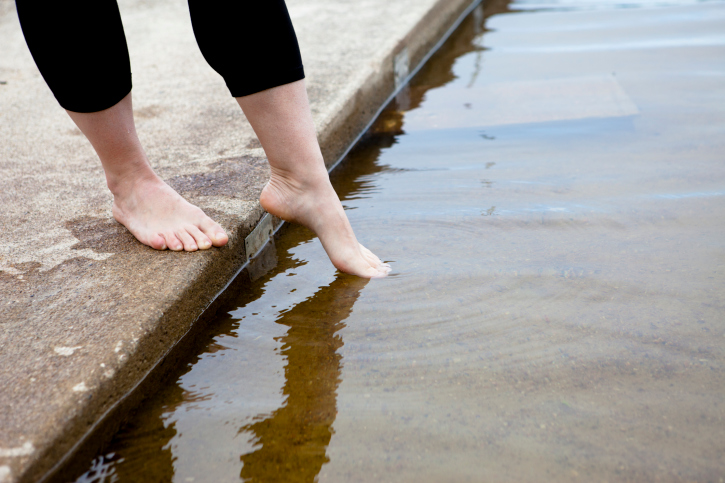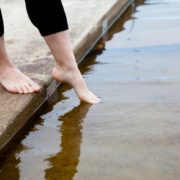Vayigash: choosing again

In this week’s Torah portion, Vayigash, there’s a poignant moment when Joseph reveals himself to his brothers.
Last year I was struck by the beautiful Hebrew word להתודע, “to make oneself known” or “to reveal oneself.” This year what leapt out at me is the precursor to Joseph’s revelation of self. Before he could make himself known to his brothers, he needed to know that they had changed. He needed proof of their genuine teshuvah, their repentance, their turning-themselves-around.
But how could he get that proof? He couldn’t exactly ask. So he demanded that they abandon their youngest brother Benjamin in Egypt. Judah’s response — “I promised our father that we would keep him safe. He’s already lost one beloved son; if he lost this one too, it would kill him; take me instead” — proves to Joseph that Judah, at least, is different than he once was.
Judah has learned from the brothers’ mis-steps. He understands now that their scheme to get rid of Joseph caused incredible harm to their father… and presumably also to Joseph, though he doesn’t yet know that he’s speaking with the brother they sold down the river. Presented with the opportunity to make a similarly damaging choice a second time, Judah chooses differently.
Heraclitus famously wrote that one can’t step in the same river twice. But Rambam argues that we can. In fact, that’s precisely how he says we can tell if our teshuvah — repentance and re/turn — is genuine. When we are presented with the same opportunity to miss the mark, and we choose differently, then we know that we’ve really made teshuvah. We’ve done the work to actually change.
Conventional wisdom holds that “[w]hen someone shows you who they are, believe them.” In general I think that’s a good rule of thumb. Our actions and choices show who we are, and sometimes they reveal realities we might not want to admit. We can say all kinds of pretty things about who we imagine ourselves to be, but when push comes to shove, our actions will speak deep truths about who we are.
If someone says they value kindness, but they act in ways that are unkind — if someone says they are truthful, but they act in ways that are mendacious — if someone says they are ethical, but they act in ways that are power-hungry or abusive — I’m inclined to say, then believe them. Their actions show who they have chosen to be. It’s reasonable to expect their choices to continue.
And yet — Judaism stands for the proposition that change is always possible. As is written in the CBI Board covenant, which is posted in our social hall, “We acknowledge that things can always change; can always be better than they have been.” Things can always change. People can always change — if we put in the hard work that’s required in doing so. But we have to choose to change.
Change isn’t easy. Our actions and our choices carve grooves of habit on heart and mind, and it’s difficult to become someone new. Difficult, but not impossible. Authentic spiritual life asks us time and again to do what Judah did: to face our mis-steps, to apologize and make things right, and when our lives lead us to the same river again, to choose other than we did before.
Judah’s teshuvah leads to their family becoming whole again. It leads to plenty and prosperity instead of famine and sorrow. I believe that doing the work of teshuvah can open us to abundance too. Not necessarily a full pantry and a family reunited — but surely the comfort of knowing that we’re doing the work and “walking our talk.” That we are living up to who we say we are.
I have the sense that the coming year will challenge us, repeatedly, to do our inner work — and to live up to the values we say we hold dear. What are the values we want to embody this year… and what tools can we use to keep ourselves honest, so we’re not just paying lip service to Jewish values but actually taking action to live them, every day?
This is the d’varling that Rabbi Rachel offered at Shabbat morning services. (Cross-posted to Velveteen Rabbi.)





